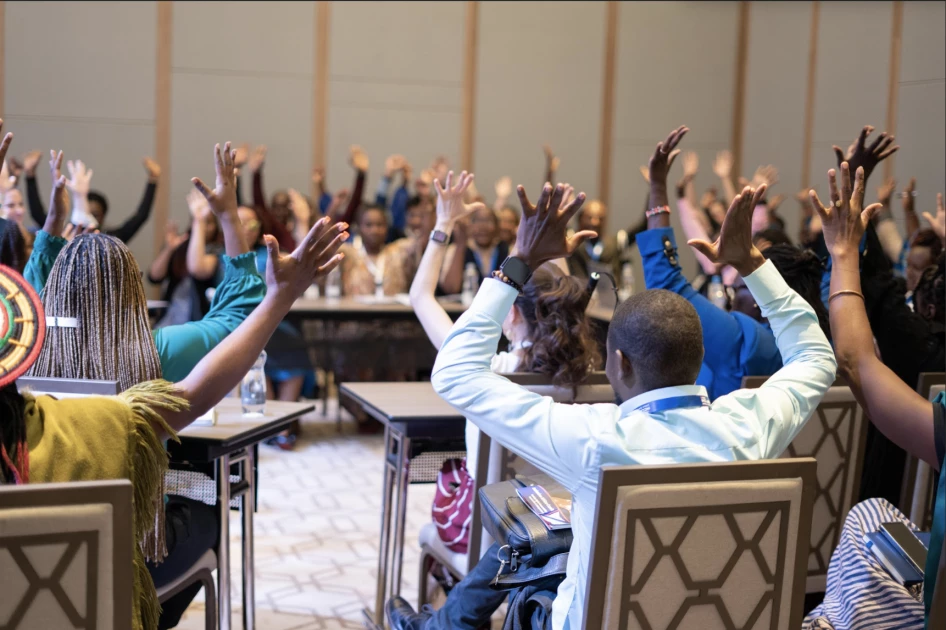Stakeholders explore future of accessible technology at Assistive Technologies Day


Audio By Vocalize
Here, Maxine Williams, the Vice President of Accessibility and Engagement at Meta, praised Kenya’s role as a digital innovation hub and emphasised that accessibility is an economic opportunity, not just a moral imperative.
“When we build with accessibility in mind, we unlock opportunity. We invest in people, and people build economies,” she said.
Globally, over 1.3 billion people, one in six, live with disabilities, yet far too many remain excluded from digital tools and services.
Williams emphasised that accessibility should be integrated from the outset of product development, driving usability and growth for all.
Meta’s open-source AI tools, including Llama and Massively Multilingual Speech (MMS), are already revolutionising accessibility in Africa.
MMS supports over 1,100 languages, incorporating African languages that were previously excluded from AI.
Williams highlighted innovations such as Jacaranda Health’s llama-powered maternal health assistant in Kenya, HelpMum’s vaccine chatbot in Nigeria, Twiga’s teaching assistant in Tanzania, and FoondaMate’s AI study buddy, which is utilised by millions of students in Sub-Saharan Africa.
Meta is also enhancing accessibility across its global platforms. WhatsApp now includes voice message transcription, while Facebook and Instagram provide improved screen reader support and AI-generated alt text, features developed in collaboration with the disability community.
“Real accessibility happens when those most impacted help design the solutions,” said Williams.
Nathalie Kouassi Akon, Global Director of Gender & Economic Inclusion at the IFC, reinforced the business case for investing in accessibility. She shared the story of Regina, a Nairobi entrepreneur with a disability, whose business transformed after gaining access to a smartphone through an African fintech platform.
Nearly 80% of rural Kenyans with disabilities still lack access to basic technology and financial services.
Akon highlighted the MOSAIC initiative, launched in conjunction with ATscale, to enhance Africa’s AT manufacturing and skills development. The global AT market is projected to reach USD60 billion by 2030, and Africa stands to benefit significantly if the right investments are made.
She also applauded efforts to create 500,000 jobs for young people with disabilities across the continent. She called for greater collaboration between Governments, industry, and civil society to foster inclusive innovation and responsible AI development.
The Global Assistive Technologies Day, celebrated annually on June 4, raises awareness of the critical role of assistive technologies in empowering individuals with disabilities.
From screen readers to mobility aids, assistive technology (AT) enables millions to live independently, pursue education, and secure employment.


Leave a Comment